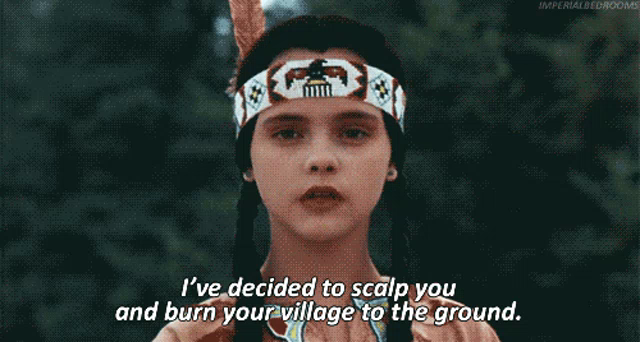
The selection of Deb Haaland for DOI is the result of Indigenous movements. It also comes with the recognition that Haaland is from a state that ranks fifth in the nation for oil and gas production, largely from fracking on Indigenous lands claimed by federal and state gov’ts.
NM has some of the highest rates of MMIWG. The movement has only begun. And her appointment puts NM at the center of the land back movement — that is, returning public lands back to Indigenous people as the first step for any kind of sound environmental policy.
This comes with the acknowledgement that Haaland has said she’s against fracking on public lands and has pushed MMIWG legislation. We have yet to see, however, how this will all play out when she becomes secretary of DOI. Regardless, movements are pushing in this direction.
The other major question is Haaland co-sponsoring a bill that removed protections for Black descendants of enslaved people in 2019. As secretary of DOI, she has power to allocate resources and help undo past injustices.
https://twitter.com/ChoctawFreedmen/status/1330941790262861828?s=20
• • •
Missing some Tweet in this thread? You can try to
force a refresh




